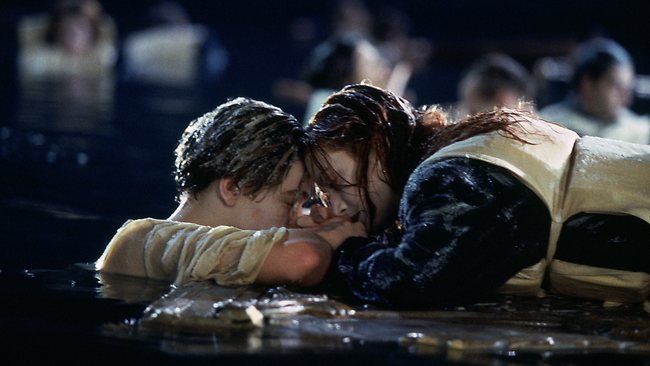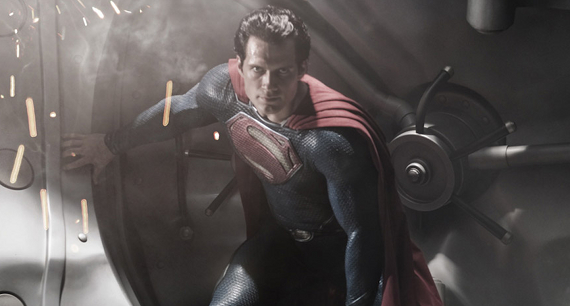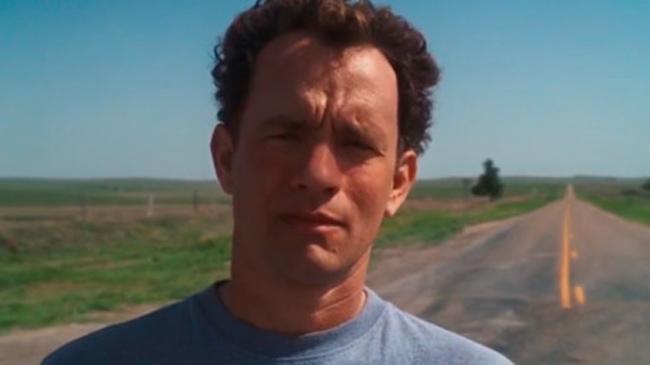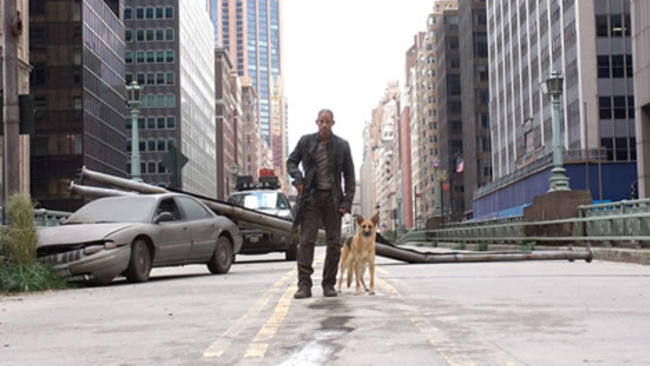
Films can be made or broken on their endings. No matter the length, genre or budget, a great film can become a mediocre film if the ending is weak. And on the flip side, a bad film can be looked upon more favourably if the ending is good.
The thing about a film ending, is that it is the ultimate payoff for an audience. You have invested time, money and emotions into the film, you have rooted for the characters, you have hated the villain, and you want something to show for it.
The ending of a film does not always need to be happy or tie up all the loose ends. But it does need to feel like the correct conclusion to the story. Sometimes that conclusion is ambiguous or sad, sometimes it is happy or funny, but it should invoke the feeling that the ending fits the film.
The following films all have endings which feel insufficient for the audience, and do not give the feeling of a satisfactory conclusion. As you can expect, there will be spoilers.
10. Grease (1978)

This fun filled musical from 1978, about a group of high school students in the 50’s, is one of the highest grossing live action musicals of all time, and has frequently made it into the Best Musical lists.
The last scene shows Sandy and Danny reuniting, after a dramatic makeover, and then they drive off together into the sunset. Literally in this case, as the car ascends into the sky.
The ending has always felt slightly unsatisfactory, on a few counts. Firstly, there is the niggling feeling of identity politics – why did they both have to change who they were to get the other’s attention? Sandy has to dress up, and Danny has to dress down. And then there is the car flying off into the sky. A film that was all about the everyday lives of high school students, suddenly takes a supernatural turn. What does it all mean?
One fan theory that has gained momentum, is that Sandy was dead the entire time and at the end of the film, she ascends to heaven. This has been dismissed by Grease co-creator Jim Jacobs. But even he admits that the majority of audiences did not understand the ending, and that the actors themselves were unsure of what the ending meant. When even the cast are not sure what is going on, then perhaps the ending should have been rethought.
9. Titanic (1997)

The 1997 film is epic on so many counts – the running time, the budget, the box office records it smashed, and not to mention its fourteen Academy Award nominations of which it won eleven.
Of course, being based on a true-life event, the audience always knew what the ultimate ending was going to be – the Titanic would sink. Regardless of this, the ending of the Titanic remains a hotly debated subject, and the same question keeps coming up – was there enough room for Jack on that door?
After the Titanic has gone down, our two romantic leads are stranded in the freezing ocean waters. Jack helps Rose on to some floating debris, a large wooden door, but fails to climb on board himself. This has driven audiences wild for years, with so many people feeling that there was plenty of space for Jack on the door as well. Whereas other people have theories on why there was not enough room, citing everything from the buoyancy of the door to the exact temperature of the water. But what can be agreed on, is that Jack’s death is a divisive ending. Jack, who lived for every moment and had an adventurous spirit, would have made a lot more effort to survive.
8. Man of Steel (2013)

As the first instalment in Warner Bros. Pictures’ DC Extended Universe, Man of Steel needed to make an impact. And it did, for all the wrong reasons. Although a box office success, the film is the subject of some divisive opinions. This is mostly due to the controversy surrounding the ending scenes.
The climactic battle between Superman and General Zod, in which Metropolis is all but destroyed, is unnecessary and feels like destruction for destruction’s sake. This then culminates in Superman killing General Zod, by snapping his neck in front of frightened onlookers. This is so far from Superman’s character that it feels painful to watch. Superman as a rule, does not kill and showing him doing so, especially in such a violent way, is awkward to watch.
Man of Steel is an origin film, and so had the potential to set the tone for both the character Superman, and the DC Extended Universe. However, Man of Steel’s endlessly violent ending does not serve the character or the franchise.
7. Cast Away (2000)

When you watch a Tom Hanks film, you know that no matter what, you will always end up rooting for his character. Cast Away is no exception to this. Tom Hanks plays FedEx employee Chuck Noland, who becomes stranded on an island after his plane crashes. Chuck survives on the island for years, adapting to its conditions and talking to his ‘friend’ Wilson the volleyball.
Cast Away is an epic tale of survival and loss, and it leads up to what the audience wants more than anything – for Chuck to be rescued, and to make it back to civilization.
And when he finally does make it back, the feeling of relief for Chuck and the audience is immense. But the film does not end there. Chuck may make it back home, but he has long been presumed dead and life has moved on without him. Including his wife Kelly, who is now remarried and has a child. When Chuck realises that Kelly needs to stay with her new family, he tells her “You have to go home,” and it is heart-breaking. Suddenly this film that was all about winning against all the odds, feels strangely depressing.
The film ends with Chuck quite literally at a crossroads, which is a beautiful metaphor, but it is a frustrating ending because the audience has travelled so far with Chuck and we do not get a conclusive ending. Where does Chuck decide to go? Which road does he choose? And most importantly of all – what was in the package?!
6. I Am Legend (2007)

I Am Legend is worth a watch just for the eerie, opening shots of a deserted New York City. There is something incredibly unsettling about seeing one of the world’s busiest cities reduced to an empty and desolate wasteland.
The problem with adapting a film however, is that invariably comparisons will be made to the source material – in this case the novel of the same name by Richard Matheson. And even more so in this case, to the difference between the way the novel ends and the way the film ends. Not only is the ending of I Am Legend lambasted for its difference to the novel’s ending, but also for how weak it is, and how it resorts to an overused film trope.
Will Smith’s character, Dr Robert Neville, ends up sacrificing himself to allow Anna (Alice Braga) to take the cure to a survivor’s camp in Vermont. In the novel, Dr Neville discovers that the infected have retained some aspects of their humanity and so in experimenting on them, he is causing them the same fear and hatred that he once felt for them. In doing so, he has become a legend to them – hence the title.
It surfaced that an alternate ending for I Am Legend was filmed which addressed this, however that ending did not work well with test audiences, and so it was scrapped. The original ending would have been much more effective, and impactful. The self-sacrifice of the main character, and subsequent explanation at the end of the film to try to work in the title, felt forced and disappointing. Ultimately this lets the film down, and instead of making a lasting impact, the film falls flat.